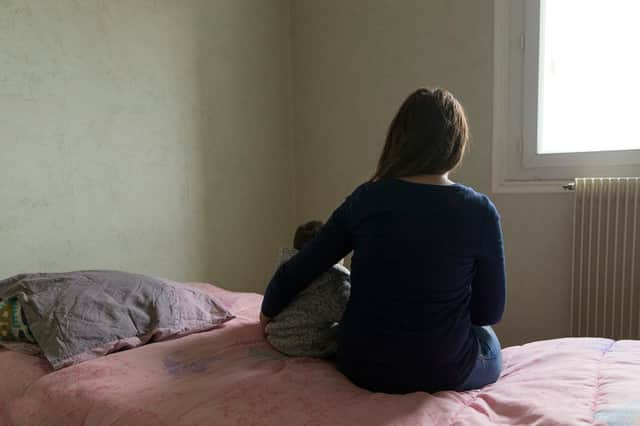Christmas a time of joy? For some, it's a time of divorce, drunkenness and violence – Karyn McCluskey


It’s no surprise that lawyers call the first Monday back after the Christmas holidays “D-Day for divorce” – as it’s when they receive an influx of calls in relation to splitting up with a partner. When the stress of life is so overwhelming, from heating the home, work insecurity, low pay, children off school and boredom setting in, it’s the recipe for discomfort and dissatisfaction.
With more time to reflect on life, the impetus to come up with a New Year’s resolution, the make or break conversations sometimes lead to a crisis and a visit to a lawyer. You can almost hear those egg shells cracking. Of course, that’s if you have a choice. For some, their life may be in danger, or they could be controlled financially or facing so much more.
Advertisement
Hide AdAdvertisement
Hide AdAnyone who spends any time looking at crime trends and the use of services can see the peaks and troughs in particular crimes. There are those more likely to happen at night, when your house is empty and the lights are off, and those that are seasonal. Domestic abuse has historically had peaks – but sadly rarely troughs, and the Christmas period has the ingredients to pour fuel on a fire.
Christmas doesn’t cause domestic abuse – it comes down to a person, and there are no mitigating factors. “I was drunk” is never acceptable. Being drunk can be considered an aggravating factor and may be taken into consideration during sentencing and lead to a greater punishment.
Whilst people are tucking into Christmas dinner or lying beached on the sofa rueing their over-indulgence in the post-Christmas days, there will be people at the end of a line, waiting for the phone call from someone who just doesn’t know what to do or how to change their circumstances.
There are those who can help, such as at Scotland’s domestic abuse helpline (0800 027 1234), who have trained for years and soaked in experience about how to support others to escape a violent or coercive relationship. Police officers will respond to domestic incidents with urgency, care and compassion. Support agencies will move heaven and earth to ensure someone is safe – it might be in a new and unfamiliar place, but it means respite from the imminent risk of serious harm.
Research and statistics tell us that 80 per cent of victims are female, but domestic abuse still occurs in other situations such as same-sex relationships. We cannot assume that the choice to leave is singular or static as, like all human endeavours, change is complex and painful. For so many people, it is a process over a period of time.
Ultimately, life goes on, and it is for none of us to stand in judgement of those who have left, are trying to leave or, indeed, have not left an abusive relationship. We need to set aside our prejudice, reach out and support in whatever way that person wants. Surely that’s the true message of Christmas?
Karyn McCluskey is chief executive of Community Justice Scotland